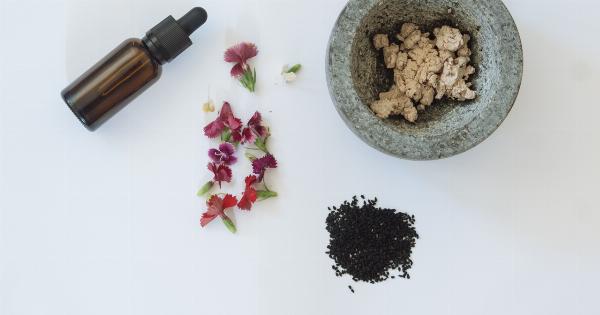Acne is a skin condition that affects most people at some point in their lives. While it is commonly associated with adolescence, it can occur at any age.
Dairy products have long been suspected of playing a role in triggering acne flare-ups, particularly in teenagers. In this article, we will explore the relationship between dairy products and acne in adolescents and examine both sides of the argument.
What is Acne?
Acne is a skin condition that occurs when hair follicles become clogged with oil and dead skin cells. It can result in pimples, blackheads, whiteheads, and cysts.
Acne can be embarrassing and can cause scarring in severe cases, but it is not a serious health condition.
What Causes Acne?
Acne is caused by a combination of factors, including genetics, hormones, and environmental factors. Hormonal changes during puberty can cause the sebaceous glands to become overactive, leading to increased oil production.
This can lead to clogged pores and the development of acne. Environmental factors such as pollution and stress can also contribute to the development of acne.
The Dairy and Acne Connection
There has been a long-standing belief that dairy products, such as milk, cheese, and yogurt, can trigger acne flare-ups in some people. This belief is based on several observations.
Firstly, dairy products contain insulin-like growth factor 1 (IGF-1), a hormone that is naturally present in cow’s milk. IGF-1 has been shown to promote the proliferation of skin cells, which can contribute to the development of acne.
Secondly, dairy products also contain hormones such as estrogen, progesterone, and androgens, which can affect the levels of hormones in the body and contribute to the development of acne.
Thirdly, dairy products are a common food allergen, and some people may be sensitive to the proteins found in dairy products. This can lead to inflammation in the body, which can contribute to the development of acne.
The Evidence for Dairy and Acne
Several studies have been carried out to investigate the relationship between dairy products and acne, with mixed results.
Some studies have found a positive correlation between dairy consumption and the development of acne, while others have found no significant link.
A large-scale study of nearly 50,000 women found that those who consumed more than three servings of milk per day were more likely to develop acne than those who consumed less than one serving per week.
However, this study did not find a significant link between the consumption of cheese or yogurt and acne.
Another study found that young men who consumed a high amount of dairy products were more likely to develop acne than those who consumed a low amount of dairy products.
This study also found that there was no significant link between the consumption of chocolate and acne.
However, other studies have found no significant link between dairy consumption and the development of acne. A study of over 4,000 teenagers found that there was no significant association between milk consumption and acne.
Other Factors Contributing to Acne in Adolescents
While dairy products may play a role in triggering acne flare-ups in some adolescents, there are other factors that can also contribute to the development of acne. These include:.
- Genetics – some people may be more prone to developing acne due to genetic factors
- Hormonal changes – puberty can cause hormonal changes in the body that can contribute to the development of acne
- Poor hygiene – failing to wash the face regularly can lead to the buildup of oil and dead skin cells, which can contribute to the development of acne
- Stress – stress can cause hormonal changes in the body that can contribute to the development of acne
Conclusion
The relationship between dairy products and acne in adolescents is still unclear and research findings have been mixed.
While some studies have shown a positive correlation between dairy consumption and the development of acne, others have found no significant link. It is important for adolescents to take a holistic approach to managing acne, which includes maintaining good hygiene, reducing stress levels, and seeking medical treatment if necessary.




























